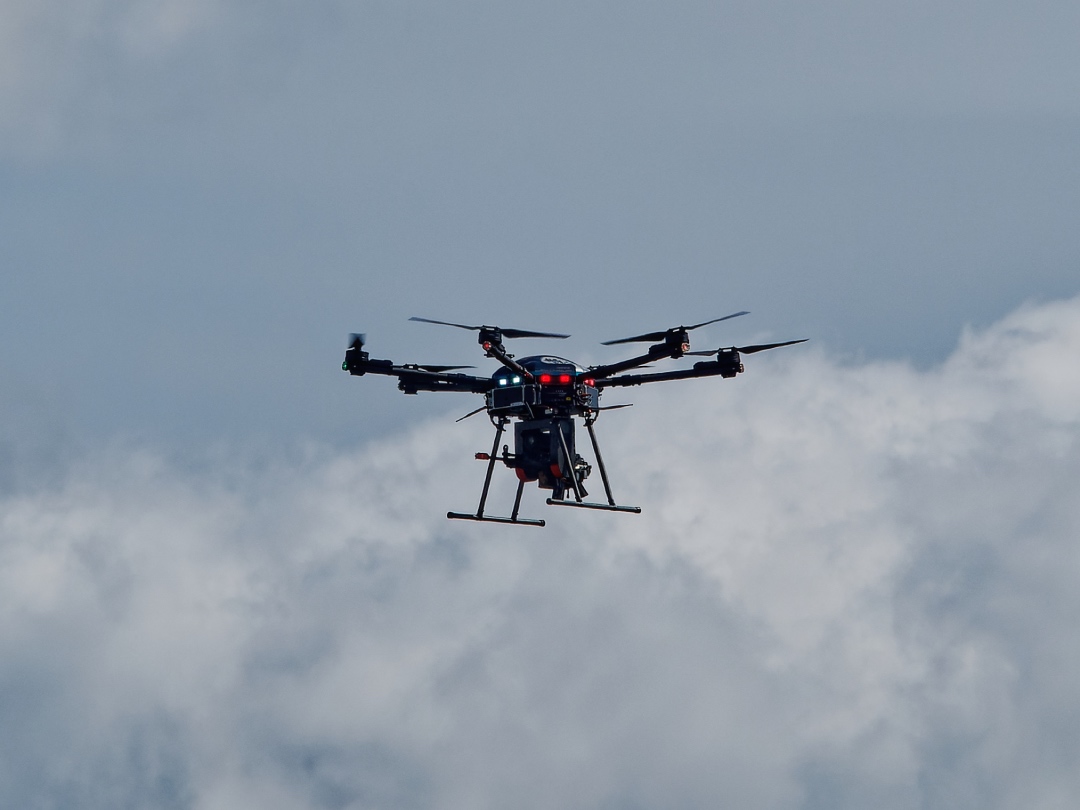Mongolia has taken a significant step toward advancing its technology sector by signing a Memorandum of Understanding (MoU) with South Korea to manufacture drones domestically. The agreement was formalized between the National Association of Drone Developers of Mongolia and the Association for Unmanned Vehicles of the Republic of Korea. This collaboration aims to leverage South Korean expertise to foster innovation and create drones suited to Mongolia’s unique environmental and economic conditions.
A Boost for Mongolia’s Drone Industry
Minister of Digital Development, Innovation, and Communications, Baatarkhuu Tsend, highlighted the Ministry’s commitment to establishing a comprehensive framework for drone development. This includes drafting a Law on Drones for submission during the spring parliamentary session, creating specialized drone zones, and fostering the use of drones in critical sectors like agriculture, environmental protection, and emergency response. The initiative also aims to train local drone operators and promote the technology across Mongolia.
The MoU with South Korea marks a pivotal moment for the nation’s technology sector, enabling the transfer of advanced know-how and technological solutions. The collaboration will support the manufacturing of drones with capabilities tailored for Mongolia, including resistance to harsh weather conditions and high-altitude performance.
Drone Manufacturing Plans
Two Mongolian companies, Blue Sky Drone and Sundori Drone, have entered into agreements to introduce South Korean technologies in their manufacturing processes. B. Munkhbolor, Chairman of the Board of Directors of the National Association of Drone Developers, announced plans to produce five types of drones starting in spring 2025. These drones will focus on:
- Agriculture: Precision farming and crop monitoring.
- Environmental Protection: Monitoring and data collection for conservation efforts.
- Emergency Response: Supporting disaster relief and rescue missions.
- Remote Learning and Deliveries: Expanding access to education and critical supplies in rural areas.
The drones are being designed to withstand extreme conditions, such as temperatures ranging from -25°C to -35°C, and to carry payloads of 20–30 kilograms.
South Korean Expertise
South Korea will provide extensive support, including knowledge-sharing on legal frameworks for drones, production technologies, and operator training programs. This collaboration aligns with South Korea’s established reputation in the global drone industry and strengthens its bilateral relations with Mongolia.
Strategic Implications
The introduction of a robust drone sector in Mongolia has broad implications. Beyond technological advancement, it promises to address national challenges such as:
- Monitoring and managing Mongolia’s vast natural resources.
- Enhancing agricultural productivity in rural regions.
- Supporting infrastructure development in the Gobi desert and remote areas.
The agreement between Mongolia and South Korea underscores the growing role of technology in addressing environmental and socio-economic issues, marking a milestone in Mongolia’s digital transformation journey.

